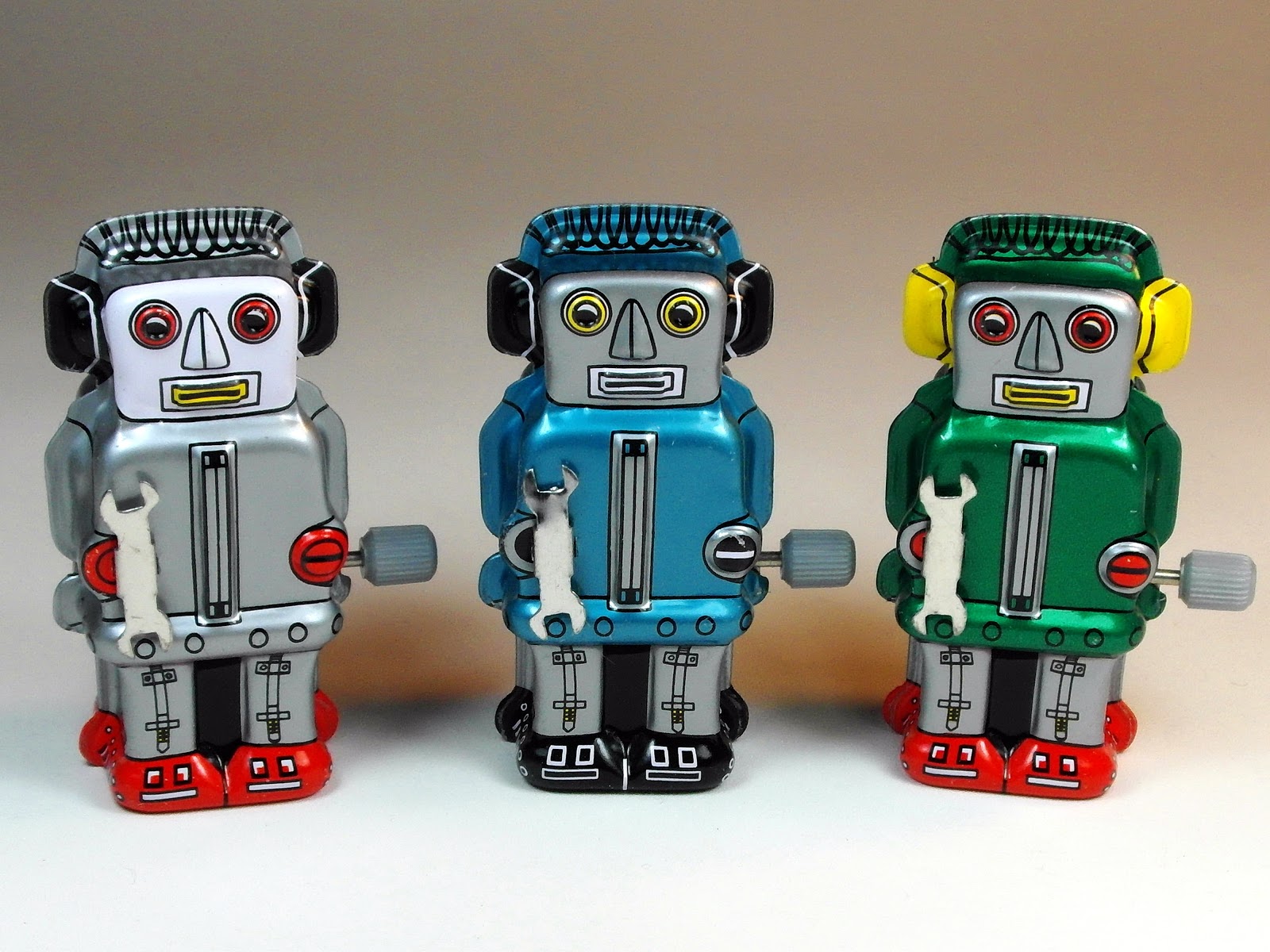
The infinite monkey theorem states that a group of monkeys hitting random keys on a typewriter for an infinite amount of time will eventually produce Macbeth in its entirety. It turns out there’s no need for such foolishness: rather than wait around for chimps to pen classics, we now have robots writing the news, and possibly, in the future, novels.
Publishers testing robots
Automated content has progressed to the point where a large number of Associated Press stories are written by a robot, with no human oversight before publication, using a technology called Wordsmith, developed by Automated Insights (the program is also notably used by Yahoo News to generate fake news reports for its fantasy players. A beta version is available to the public for free.) Wordsmith’s efficiency is deadly and precise—apart from being able to churn out 2,000 articles a second, it also makes less errors than its human counterparts.
Newspaper copy has been boiled down to bare essentials over the years—the line between algorithm and sentence has blurred to the point where a computer can now assume the mantle of automation. Much of journalism is about straight information: who, what, when, where, why. Because of its consistent structure, Narrative Science co-founder Kris Hammond estimates that content written by algorithm will make up 90 percent of journalistic reporting by 2030. Ditto for similarly template-heavy writing such as press releases and financial reports.

Image credit: Pixabay
“Well that’s all good and fine,” the literateurs among us concede. “But writing, real writing—novels, plays, treatises, the backbone of civilization—is in the realm of organics. Only a human can add the touch of fiction.” To back that up, a study by Oxford University in 2013 analysed over 700 job roles, and placed ‘Author’ 525th on its list of jobs likely to be replaced by robots. Hammond’s prediction that a computer will win the Pulitzer Prize in the next five years is probably not going to happen, and computers will most likely be stuck doing the grunt work while us humans pursue the exciting stories in journalism.
AI in action
But even that romantic notion we have of the value of our creativity is starting to be challenged. Earlier this year in Japan, a novel co-written by an artificial intelligence program made it past the first round of a prestigious writing competition named after Japanese science fiction author Nikkei Hoshi. While it didn’t win, Science-fiction novelist Satoshi Hase offered a tempered response on the book: “I was surprised at the work because it was a well-structured novel. But there are still some problems [to overcome] to win the prize, such as character descriptions.” So computer fiction still has a ways to go.

Image Credit: Wikimedia
But we often forget how fast technology moves—one recalls the incipient chess programs of thirty years ago, who, year after year, slowly caught up to the Grandmasters, to the point that chess programs nowadays can crush any human. As time goes on, and more and more code is fed into the algorithmic veins of computer author’s, its processing power will grow strong, its creativity may ignite.
Conclusion
Writing is the flame of civilization, the first match-strike of culture and history and literature. The ability to articulate ourselves, as well as our opposable thumbs, enabled the organization and growth that made humans the most dominant species on Earth. Who knows how computers will react once they figure out a way to connect and express the trillions of synapses soldered onto their motherboards. In the Japanese writing competition, one of the books, aptly titled, “The Day a Computer Writes a Novel,” ended with the sentence “I writhed with joy, which I experienced for the first time, and kept writing with excitement. The day a computer wrote a novel. The computer, placing priority on the pursuit of its own joy, stopped working for humans.” Such are the power of words.
Image by Sergey Zolkin


